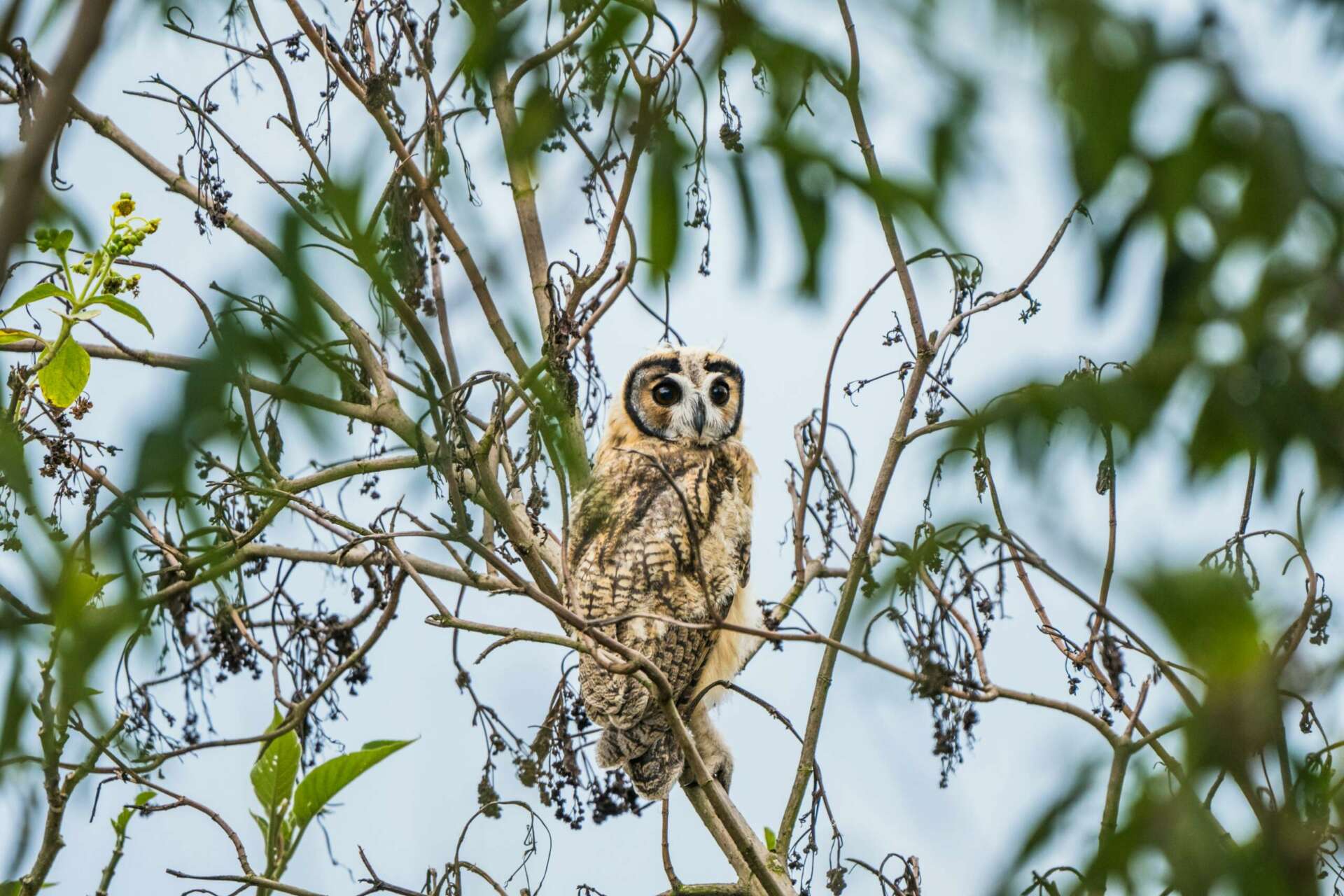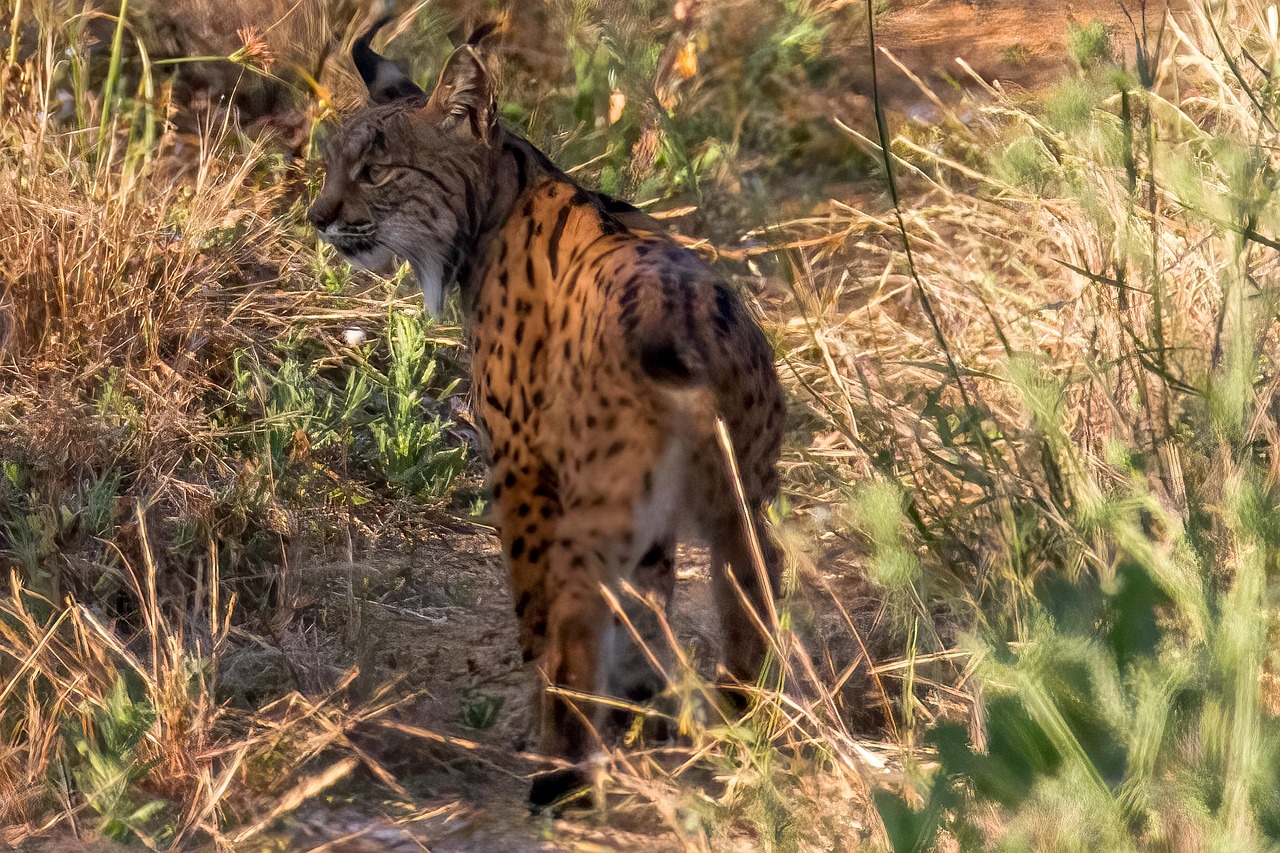As biotechnology reaches ever greater capabilities to “re-design” nature, some want to turn the CBD into a place for the promotion rather than regulation of biotechnology. Parties to the Convention cannot let this happen, warns Franziska Achterberg from Save Our Seeds.
When the CBD was first written, biotechnology was – rightly – seen as a threat to biodiversity and its sustainable use. The Convention’s text focusses on the risks arising from the use and release of genetically engi-neered organisms, although it also talks about sharing the “results and benefits arising from biotechnologies” when they are based on genetic resources from deve-loping countries.
Fast forward to 2024 and the situation is very different. In the CBD context, there is more and more language about the potential benefits of biotechnology, to the detriment of the precautionary approach enshrined in the Convention.
This comes at a time when biotechnology is becoming ever more powerful. Organisms are no longer just “genetically modified” but increasingly “new-to-nature”. The CBD uses the term “synthetic biology” for the “further development and new dimension of modern biotechnology” based on tools such as DNA synthesis, next-generation sequencing, bioinformatics, and genome editing.
Synthetic biology tools have long been used to engineer microbes producing pharmaceuticals or food ingredients in contained facilities. However, more recent applications are also for use in open environments, such as microbes engineered to support the uptake of fertilizer in crops.
A multidisciplinary expert group (mAHTEG) of the CBD has looked into aspects such as the “integration of artificial intelligence and machine learning”, “self-spreading vaccines for wildlife” and “engineered gene drives to control vector-borne diseases and invasive species” (Document CBD/SYNBIO/AHTEG/2024/1/3). The expert group was meant to look into the future and inform CBD Parties about things to come. But the future is already here. Artificial intelligence is being rapidly taken up for engineering microbes and proteins, and “self-limiting” insects have already been released in places like Brazil and the US. The experimental release of gene drive mosquitoes, originally planned for 2024, is still being pursued in Uganda and other African countries.
Such extreme forms of genetic engineering represent a whole new dimension of environmental risk. Gene drives, for one, are intended to alter or exterminate whole populations of wild species, resulting in potentially irreversible harm even beyond the country of release. The precautionary principle, enshrined in the CBD more than 30 years ago, has never been more precious and indispensable for the protection of nature and people.
But a handful of Parties such as Brazil and the UK, are intent on blocking any in-depth assessment of the issues considered by the expert group. Instead, they say the CBD should look into potential positive impacts and benefits that synthetic biology can deliver for the achievement of the KMGBF.
Biotechnology interests are also at work in other CBD workstreams. A draft paper on plant conservation (CRP 1) proposes to “support research and development … to enhance the benefits arising from the use of safe biotechnologies”. Another draft on biodiversity and health (CRP 6) wants to “promote the sharing of benefits for health arising from biotechnological developments”.
Luckily, not all Parties are blind to the potential problems arising from genetic engineering and a proposed non-paper on synthetic biology remains highly controversial. Let’s hope that reason prevails, and the CBD will not only continue to caution against negative outcomes but manage to effectively regulate these powerful technologies.
More information about gene drives: www.stop-genedrives.eu
Source: CBD Alliance






